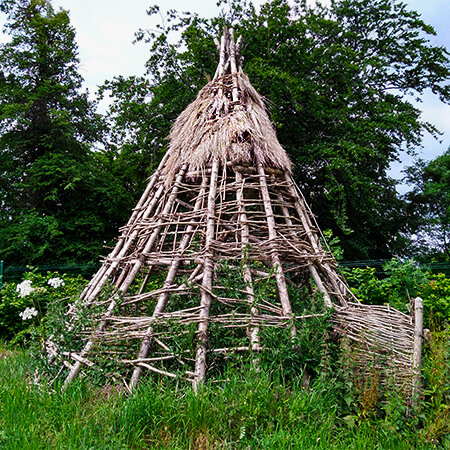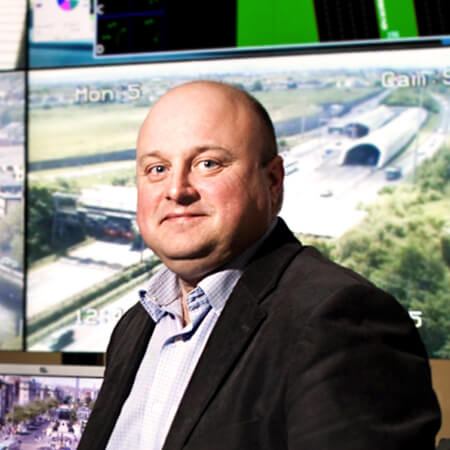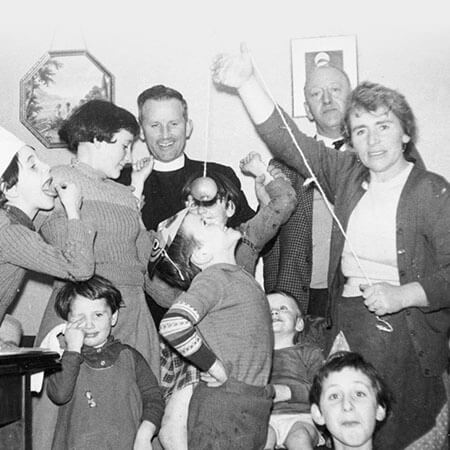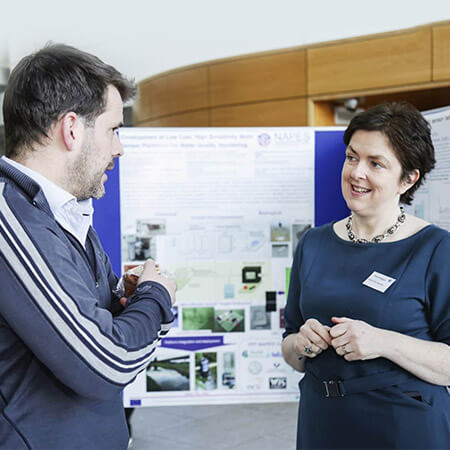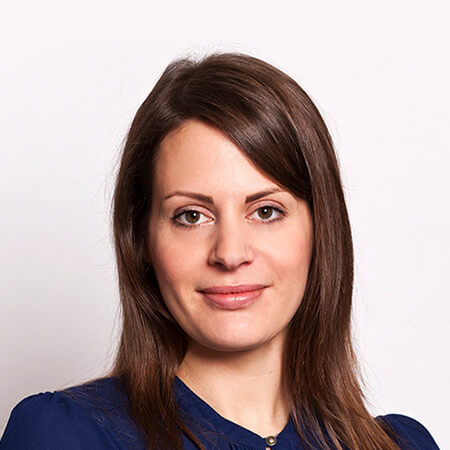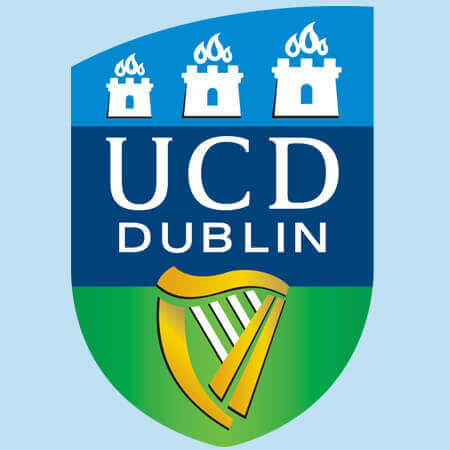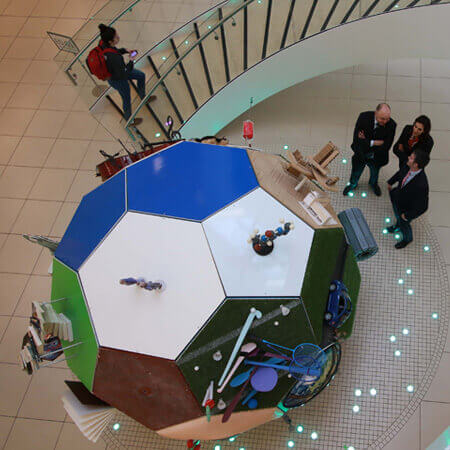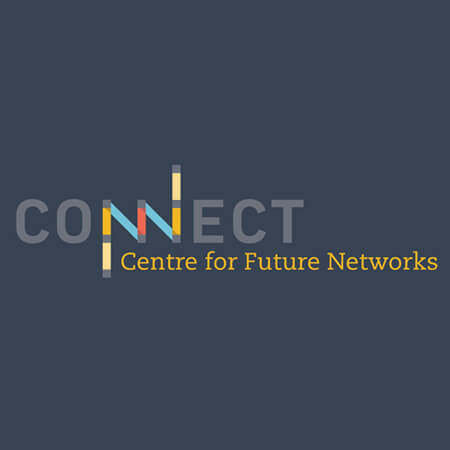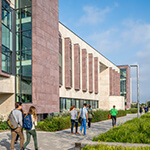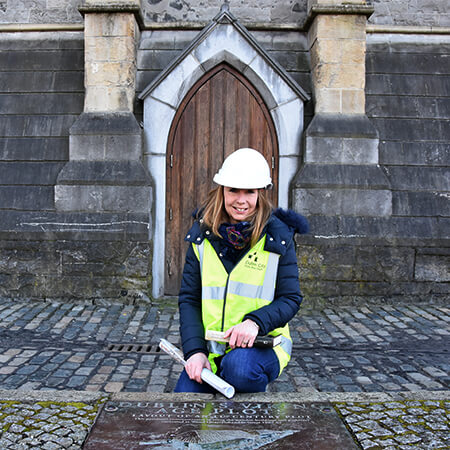
work
Ruth Johnson – Dublin City Archaeologist
Dr. Ruth Johnson is Dublin’s City Archaeologist and she is charged with protecting, managing and investigating the city’s oldest heritage – much of which is underground. As well as conservation projects, Ruth has input into new developments across the city and a role in policy development advocacy. We spoke to her about how she works and what’s going on across the city – under the ground, in our oldest graveyards and in half-hidden houses. In conversation with Dr. Ruth Johnson Ruth began her career working on a community excavation project in Yorkshire, while doing her A-levels. This piqued her interest in archaeology and she went on to do

